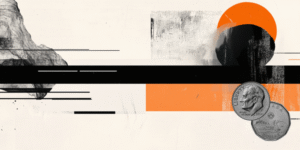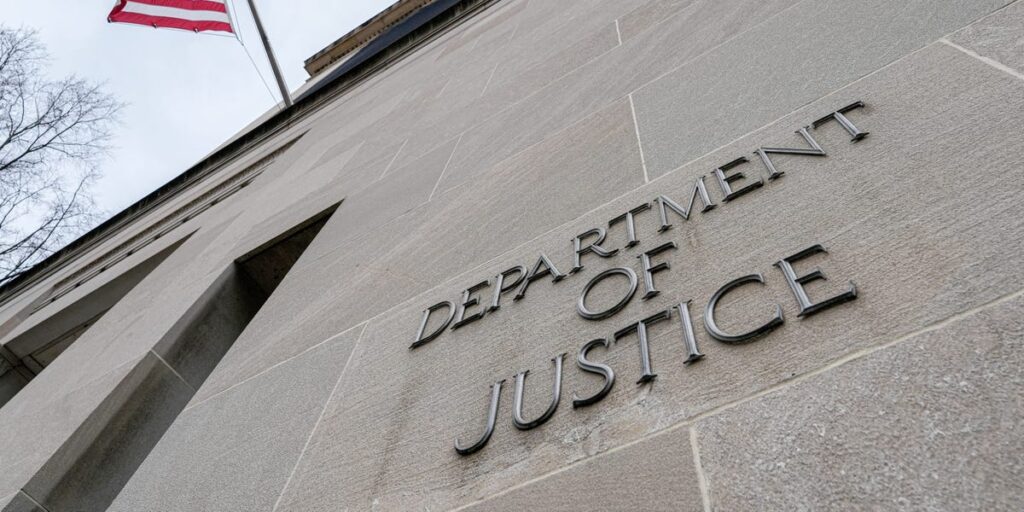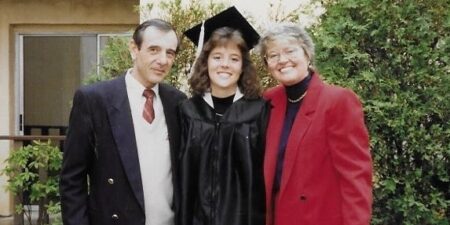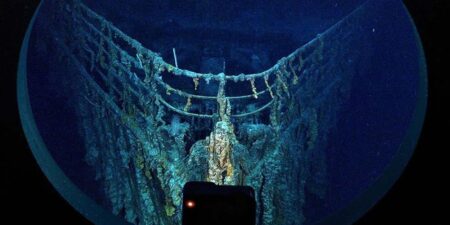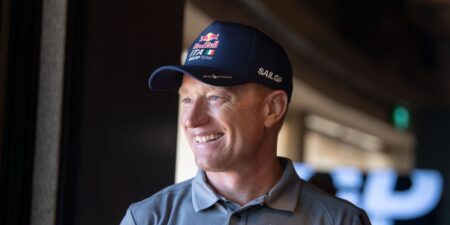Under the Trump administration, Justice Department officials have made clear in speeches and policy documents that they do not want to prosecute corporations.
But, so far, only two companies have received the gold star craved by every white-collar defense lawyer: A declination letter.
In April, Justice Department officials issued a letter and press release announcing that it was declining to prosecute the Universities Space Research Association after an employee illegally sold sensitive aviation software developed by the US military to a Chinese university.
The letter, addressed to USRA lawyer Clark Kent Ervin, praised the company’s “exceptional and proactive cooperation,” including swiftly disclosing the wrongdoing, improving internal controls, and firing Jonathan Soong, the employee.
The declination letter to USRA is one of only two issued by the second Trump administration, and it can serve as a case study in how companies can achieve the best-case outcome in the face of a Justice Department investigation.
When an organization like USRA finds potentially illegal conduct from one of its employees, it has a choice.
It could tell the Justice Department — and potentially face years of legal headaches and bad publicity as the government does its own investigation.
Or it could handle things internally, blame individual bad apples, and keep quiet while hoping the government doesn’t notice before the statute of limitations expires.
Ervin told Business Insider that USRA’s management “fully understood the perils” of disclosing criminal activity to the Justice Department, but didn’t hesitate to do so anyway.
“We recommended that USRA voluntarily self-disclose it, which the company properly did,” said Ervin, an attorney at Squire Patton Boggs. “There was no hesitancy whatsoever about it.”
The secret software sale
In 2017, Jonathan Soong received his email in his inbox that would upend his life.
At the time, Soong managed software sales at the USRA, which manages space and aviation research and educational programs across a consortium of universities
Part of Soong’s job was administering a US Army contract to sell sophisticated flight software. Most of the customers were American universities studying aeronautics, as well as the occasional aerospace company and defense contractor. But in 2017, Soong received an email from a representative of Beihang University in China.
Please help BI improve our Business, Tech, and Innovation coverage by sharing a bit about your role — it will help us tailor content that matters most to people like you.
What is your job title?
(1 of 2)
What products or services can you approve for purchase in your role?
(2 of 2)
this data to improve your site experience and for targeted advertising.
By continuing you agree that you accept the
Terms of Service
and
Privacy Policy
.
Thanks for sharing insights about your role.
The Beijing-based university was on a US government list of entities forbidden from receiving the software, in part because it develops rockets and drones in a way deemed contrary to “national security or foreign policy interests,” according to US government court filings.
Soong initially told the Beihang University representative as much, saying that “red flags” prevented him from selling the software to them, prosecutors said.
The Beihang University representative developed a workaround. They used a third-party corporate entity, called Beijing Rainbow Technical Development Ltd., to buy the software, prosecutors said. Soong approved the sale, and Beihang University soon had access to the closely guarded piece of technology.
The scheme went undetected for years, until USRA administrators stumbled upon records of the sale while reviewing its compliance with a different part of the NASA contract, Ervin told Business Insider.
USRA administrators and Ervin opened an internal investigation. After several rounds of questioning, Soong came clean. He admitted to selling the software to Beihang University and personally pocketing the proceeds from other software sales.
“We were looking — was there any other employee? Was there any officer? Was there any board member of USRA involved in this?” Ervin told Business Insider. “And we determined that he was a lone wolf, he was a rogue employee.”
USRA administrators viewed the company as a victim of Soong, and they believed the Justice Department would understand that he operated independently, Ervin said.
“The USRA had nothing to hide,” he said. “The company itself was not involved in this. This was a lone actor.”
The USRA made multiple disclosures to the Justice Department and other government agencies over the course of its 18-month internal investigation, Ervin said. Soong repaid $161,000 to the USRA and later pleaded guilty to criminal charges filed against him, court filings show.
In April 2023, a federal judge in San Francisco sentenced him to 20 months in prison. An attorney for Soong didn’t respond to requests for comment.
How to not get prosecuted
Declination letters have long been the gold standard for companies facing a DOJ investigation.
It’s a far better alternative to a criminal case, which could destroy a company, or even a non-prosecution agreement, which can still cast a cloud of suspicion on a corporation.
“When you have basically good facts like this, you can get a non-prosecution agreement, meaning the government could prosecute you, but has chosen not to,” Ervin said.
Declination letters — which are a clear, ringing sign that the Justice Department found the company did nothing wrong — remain rare.
The USRA letter was in the works for years before it was issued.
In 2024, the Justice Department issued only five declination letters, according to a Business Insider review of the letters posted to the DOJ’s website. (That doesn’t include a special counsel’s report announcing he declined to prosecute then-President Joe Biden for mishandling classified documents.)
The other one granted during this year under the Trump administration was to Liberty Mutual, in August, after the insurer disclosed to the DOJ that certain employees bribed public officials in India and gave up $4.7 million in ill-gotten profits.
“We are pleased the DOJ acknowledged our proactive approach and affirmed our commitment to integrity and compliance across our global enterprise,” a Liberty Mutual spokesperson told Business Insider. “We welcome this conclusion and, in addition to already taking decisive steps to address this matter, will continue to uphold our values and act responsibly everywhere we do business.”
Earlier this year, Matthew Galeotti, the head of the DOJ’s criminal division, provided a clear path for corporations to receive declinations.
If they handle investigations internally, take corrective action, and fully cooperate, then the Justice Department will give them a letter saying they are declining to prosecute, Galeotti said in a public speech in June. A new chapter in the Justice Department’s policy manual even includes a handy flowchart to help white-collar lawyers understand what they need to do.
Galeotti previously told Business Insider the new policies provide companies with clear incentives to voluntarily self-disclose potential wrongdoing and cooperate with investigations without worrying about coming under the microscope themselves.
“This policy also encourages companies to invest in compliance programs, which helps deter misconduct from happening in the first place and detect it when it does occur, all of which benefits the American public,” he said.
A Justice Department spokesperson declined to comment beyond Galeotti’s earlier statement and directed Business Insider to a list of several declination letters published on the Justice Department’s website.
The declination letter provided to USRA credited the company’s swift disclosure and firing of Soong, and for comprehensively providing relevant records related to Soong’s offense.
Ervin told Business Insider that running to the government — not away from it — demonstrated they deserved the distinction.
“What the company did next after we discovered this made all the difference in the government’s decision not to prosecute it,” Ervin said. “The company took swift and proactive measures to disclose the employee’s wrongdoing, provide all known facts, cooperate, and continue to cooperate with the investigation.”
Read the full article here






